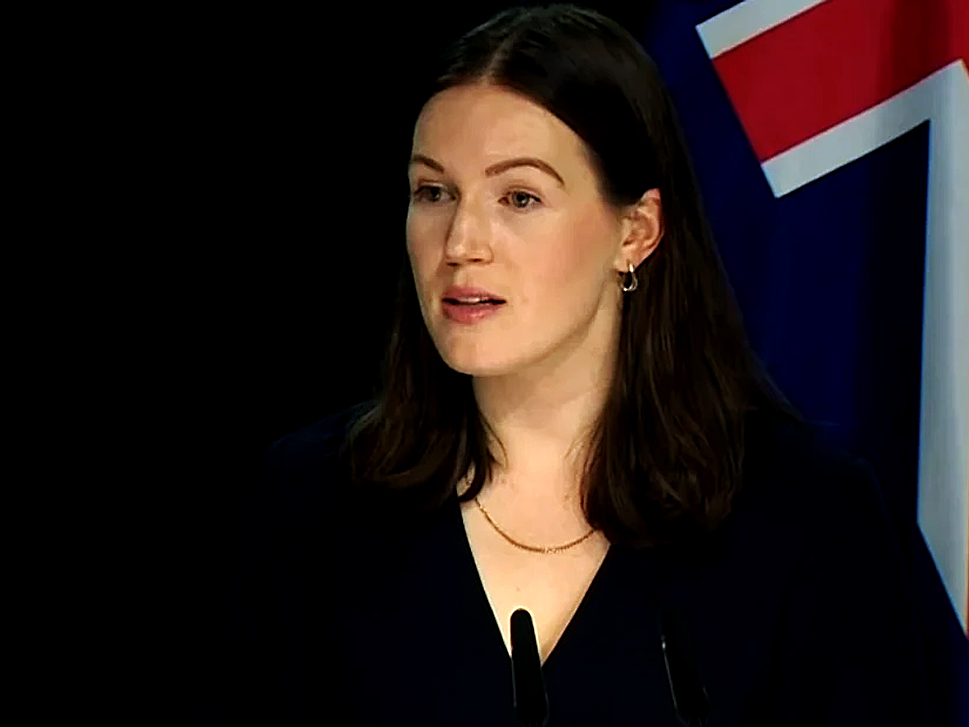A major and abrupt change to New Zealand’s pay equity legislation has revealed deep fractures within the governing coalition, sparking political controversy, public protest, and fears that the most vulnerable workers—predominantly women in care and support roles—are being sacrificed to plug holes in the upcoming Budget.
On Tuesday, the government unveiled reforms that make it significantly harder to lodge pay equity claims. Thirty-three current claims will be halted immediately, and any new claims will face a stricter threshold. These changes are being rushed through Parliament under urgency—within just 24 hours of public notification—and apply retrospectively.
The response from the coalition parties was anything but united. ACT Party ministers, led by Workplace Relations Minister Brooke van Velden, celebrated the reforms as a major fiscal win. ACT leader David Seymour praised van Velden’s work, claiming she had “saved the Budget” with changes that aligned with ACT’s long-standing goal of reducing government spending.
By contrast, National Party ministers scrambled to contain the backlash. Finance Minister Nicola Willis fronted the media flanked by four female colleagues—Judith Collins, Erica Stanford, Louise Upston, and Nicola Grigg—but none of them spoke. Willis insisted the reforms were about fairness and transparency in the pay equity process, not Budget arithmetic.
“This isn’t about making the numbers add up,” Willis said. “It’s about ensuring pay equity claims target genuine gender-based discrimination. Issues related to broader working conditions should be handled through regular employment negotiations.”
Nevertheless, Willis admitted that Treasury had revised its forecast for future pay equity costs “down by billions” due to the changes. Despite the significant savings, she confirmed there would be no dedicated reinvestment for the affected workers. Instead, those savings will be redirected into frontline services, including health and education.
Prime Minister Christopher Luxon, who has avoided Tuesday afternoon media appearances in recent months, made a surprise return to defend the reforms. He rejected the notion that the changes were financially motivated.
“This has absolutely nothing to do with the Budget,” Luxon said. “This is about making the law workable. It’s become too complex.”
Yet critics argue the urgency and secrecy of the reforms tell a different story. Until now, neither Luxon nor Willis had flagged pay equity legislation as problematic. The sudden move, just two weeks out from the Budget, has led to widespread speculation that the reforms are an attempt to fund the government’s promised increases in defence, health, law and order, and cost-of-living relief—without raising taxes or committing to major public service cuts.
Public reaction was swift and angry. Hundreds of protesters, including nurses, care workers, and social service employees, gathered outside Parliament as the legislation was rushed through its early stages. Many said they felt betrayed, blindsided, and voiceless.
“We weren’t consulted. We weren’t warned. We were just cut out,” said one healthcare worker at the rally. “It’s a slap in the face.”
Despite the uproar, Willis defended the process, saying the Cabinet was satisfied with the case made by van Velden.
“We believe the minister provided a principled case for these changes,” she said—though that principled case did not involve hearing from the workers most affected.
The reforms have also left political observers questioning the coalition’s internal coherence. While ACT is basking in its role as the Budget’s enforcer, National is facing tough questions about its leadership and priorities.
ACT’s base will likely reward the party for sticking to its fiscal conservatism and securing major spending cuts. But for National—and especially for Willis and Luxon—the political cost could be higher. They now must defend a decision that appears to undermine women in low-income sectors while offering no immediate benefit in return.
As Budget Day on May 22 approaches, the government’s credibility hangs in the balance. The question now isn’t just how the numbers will add up—but who will be paying the price.-TIN Bureau


